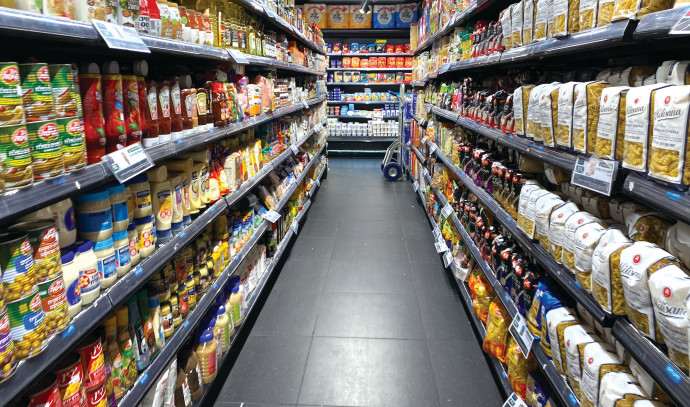The preservatives that are added to processed food are intended to extend the shelf life of the product. It is clear to all of us that they are not added to our food to improve health. By using a small amount of preservatives, manufacturers and food companies increase their revenues.
The expiration date of the product is relatively far away, so there is a higher chance that the target audience will purchase it before it goes bad, and yes – there are very few returns of broken products. In other words, the main reason for adding these substances to our food is to increase the profits of the food manufacturing companies.
Small amount of poisons
The role of preservatives is to prevent the development of bacteria, fungi or mold and therefore most of them are based on chemicals that interfere with the reproduction of bacteria. The law requires specifying which substances the product we buy contains. Therefore, write on the packaging the name of the substance added as a preservative, and sometimes only its catalog number.
A question of quantity
Admittedly, the preservatives are found in food in a very small amount, but the effect of these substances on our health should not be ignored, despite the minimal amount. Medicines also have an effect in a very small amount – a thousandth of a gram of a certain substance can correct blood pressure or replace the activity of the thyroid gland for example.
It is important to note that the side effects of this or that substance are manifested mainly by consuming large amounts of it, but what happens when you eat more food and more food that contains preservatives? It is very possible that at the end of the day a significant amount is reached.
examples
Calcium propionate E-282 – Some breads, including light breads, have a preservative called calcium propionate. This substance may cause headaches and migraines, especially among people who eat relatively large amounts of bread (over four slices a day). According to a recent study, it also increases blood sugar and obesity.
Nitrites and nitrates – which are added to processed meat in order to reduce the risk of botulism poisoning from the meat – are known as substances with great cancer potential. They cause anemia, inflammation of the kidneys and digestive tract, stomach pains, muscle weakness and are carcinogenic.
Benzoate – sometimes also called benzoic acid. Found in foods such as salad dressings, some pickled and pickled foods. Its consumption may cause asthma (in sensitive people), rash and stomach pain.
Bisulfites – which are mainly added to wine. Their side effects are many, ranging from headaches, nausea, sometimes diarrhea to hyperactivity in children.
Almost every food has a preservative-free substitute. All you have to do is stand for a few seconds and read the list of ingredients, according to which we will know what the product contains.
